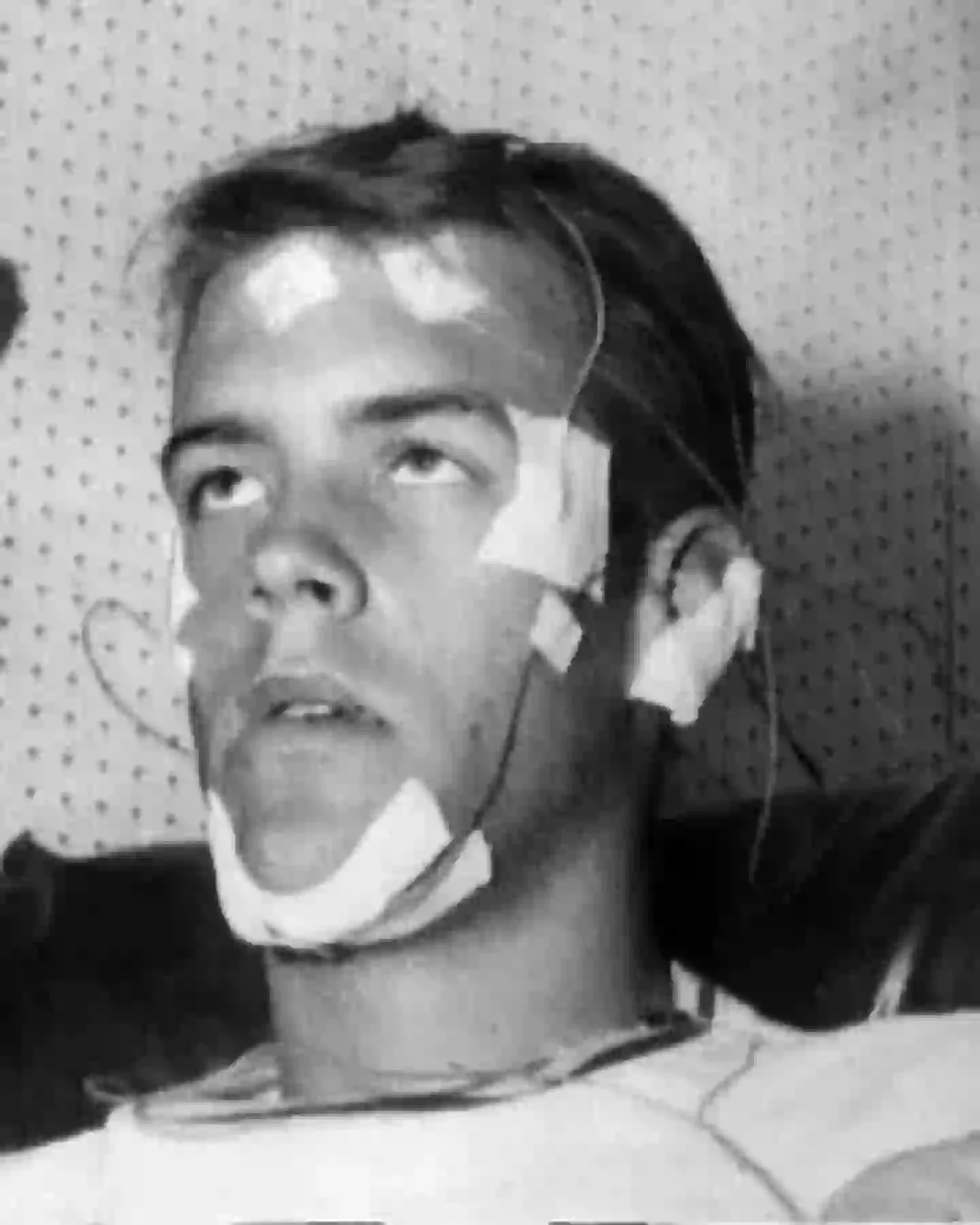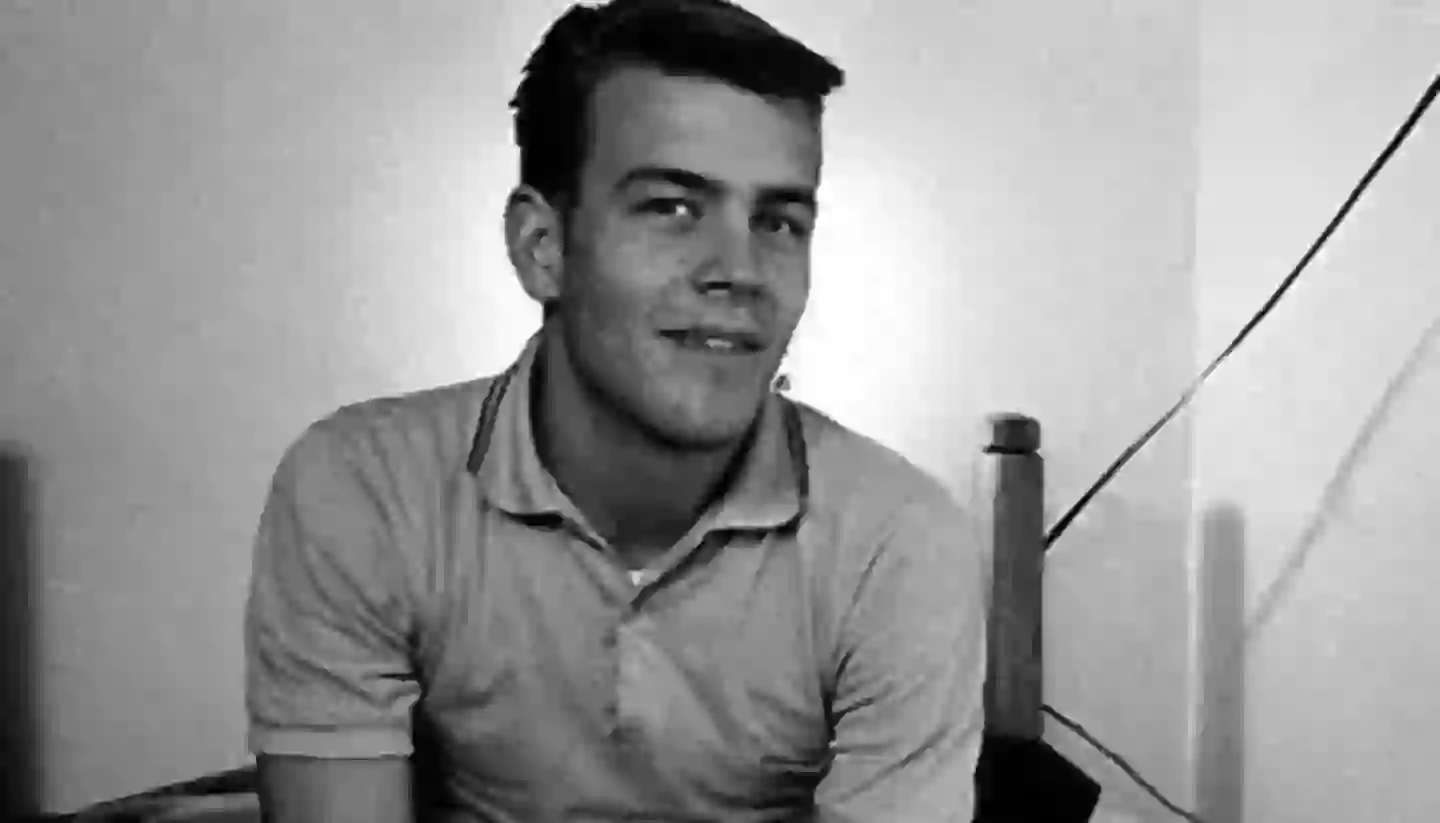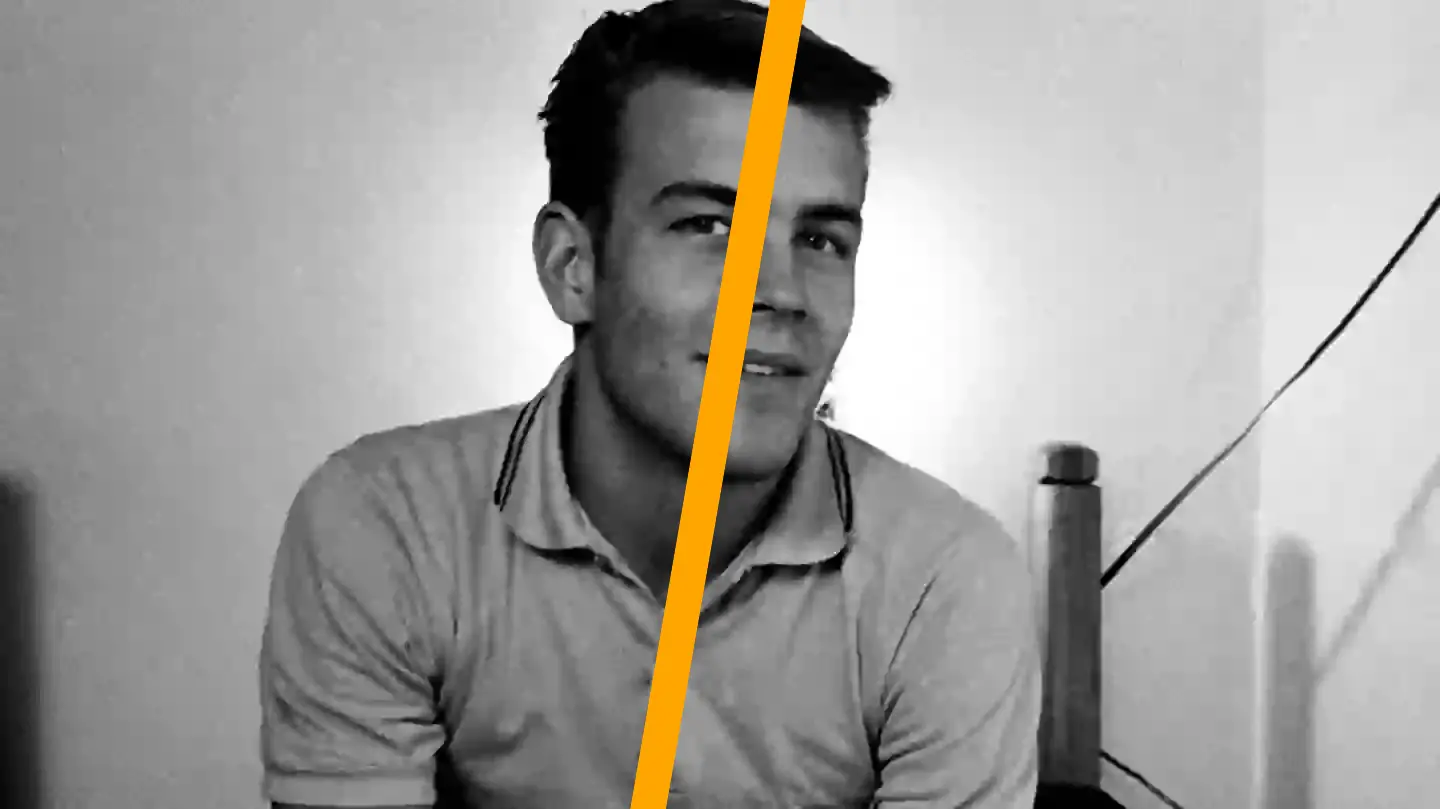In 1963, two students embarked on a science project that would leave a lasting impact on their lives. It was a year marked by significant events such as Martin Luther King Jr.’s iconic ‘I Have a Dream’ speech, Beatlemania, and the tragic assassination of JFK in Texas. During this time, 17-year-old Randy Gardner and his friend Bruce McAllister attempted to break the world record for staying awake, aiming for 264 hours to surpass the existing record of 260 hours.
Their initial plan was to investigate the effects of sleeplessness on paranormal abilities. However, they shifted focus to exploring the impact of sleep deprivation on cognitive abilities and physical performance. McAllister recalled their decision, saying, “We realised there was no way we could do that, and so we decided on the effect of sleep deprivation on cognitive abilities, performance on the basketball court. Whatever we could come up with.”

A coin toss determined that Gardner would be the one to endure the sleepless nights. McAllister also stayed awake to monitor Gardner but found the task challenging, admitting he ended up writing notes on the wall after three sleepless nights. Realizing the difficulty of their challenge, they sought assistance from sleep researcher William Dement from Stanford University.
Reflecting on the experiment, Dement shared the concerns of Gardner’s parents: “[Randy’s parents] were very worried that this might be something that would really be harmful to him. Because the question was still unresolved on whether or not if you go without sleep long enough you will die.” Sleep deprivation poses risks such as heart disease, impaired balance, and high blood pressure.
As the experiment progressed, Gardner experienced unexpected side effects after three days, including concentration issues, short-term memory loss, mood swings, paranoia, and hallucinations. Dement observed: “He was physically very fit so we could always get him going by playing basketball or going bowling, things like that. If he closed his eyes he would be immediately asleep.”
Brain scans later revealed that during the experiment, Gardner’s brain was intermittently resting, with parts asleep while others stayed awake.

Amazingly, Gardner managed to stay awake for a total of 11 days, successfully breaking the previous record. Afterward, he was taken to a naval hospital where he slept for over 14 hours. Recalling the experience to NPR, Gardner said: “I slept just over 14 hours. I remember when I woke up, I was groggy, but not any groggier than a normal person.”
While Gardner appeared to face no immediate short-term issues, he later revealed suffering from chronic insomnia, stating, “I was awful to be around. Everything upset me. It was like a continuation of what I did 50 years ago.”

